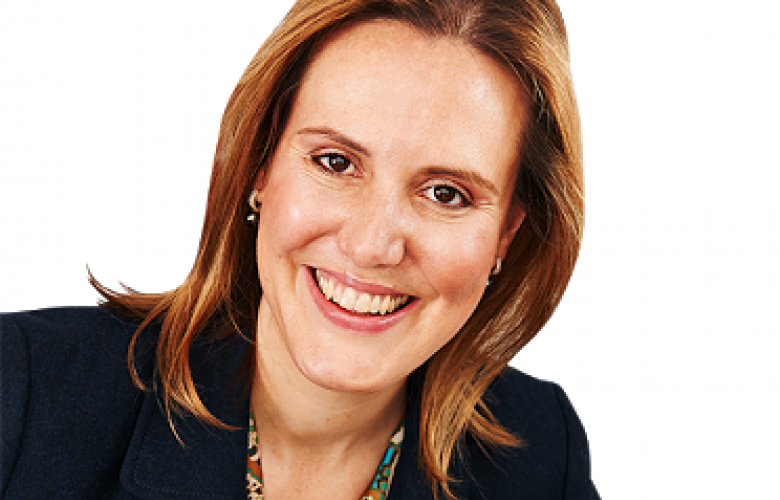Should we curb foreign investors?
Contact
Should we curb foreign investors?
Kelly O'Dwyer discusses what could happen to Australia’s residential property market if the government introduced additional stamp duty on foreigners.
Housing affordability is a national concern, but should Australia curb the increasing number of foreign investors into our property market, as other countries have done?
In conducting its parliamentary inquiry into foreign investment, the House of Representatives Standing Committee on Economics examined what could happen to Australia’s residential property market if the government introduced additional stamp duties for foreign buyers. “We had Parliamentary Budget Office costings done on what additional stamp duties might look like and what potential impact it might have, and its clear from those costings that it would have a substantial impact,” said committee chairwoman Kelly O’Dwyer in an interview with The Real Estate Conversation. “It would actually drive away foreign investment in Australia, and that has implications for building new homes, new units, new apartments. It means we wouldn’t have the ability to have the levels of additional housing stock built that is required.”
O’Dwyer cited the examples of Singapore and Hong Kong, where concerns over potential property bubbles and affordability for the middle class prompted the governments to impose an additional 15% stamp duty for foreign investors who purchase residential property. “We’ve seen very clearly that that’s had a direct impact—and was designed to have a direct impact—on the levels of foreign investment into their residential property market,” said O’Dwyer. “Killed the market is probably too strong, but it’s certainly taken the heat out of the market.” No wonder, then, that Singapore and Hong Kong stand out as the most costly places for a foreigner to invest, according to the latest Asia-Pacific Residential Review from Knight Frank. The two Asian cities have also imposed measures including mortgage caps and a flip tax of 15% on properties resold within six months. In Malaysia, foreign investors pay a higher Real Property Gains Tax. In the UK, Chancellor of the Exchequer George Osborne used his 2014 budget to close a loophole that allowed foreigners and wealthy people to buy a property through a foreign company and avoid paying stamp duty. Now, all UK properties over £2 million bought through a company incur a stamp duty of 15%. In Canada, this year the government has also moved to correct its overheated housing market by stopping the Immigrant Investor Program which fast-tracked permanent residency for people who offered an $800,000, five-year zero-interest loan to the government. In Australia, Thailand and Singapore, foreigners purchasing property for investment are subject to more taxes than if they purchase a property to live in.
Back home, the committee asked the Parliamentary Budget Office to examine the introduction of a stamp duty to non-resident and temporary resident foreign investors for all types of residential property. It looked at four options, being 5, 10, 15 and 20% of the purchase price of a property, and concluded that foreign investors would be “highly sensitive” to the introduction of a Commonwealth government stamp duty. A reduction in the number of residences purchased by foreign investors would be expected to have a flow on effect to the broader Australian housing market. “The decrease in foreign demand could result in lower domestic prices than would otherwise be the case, a reduction in the amount of housing sold (including both turnover of existing housing and supply of new housing) or a combination of both these impacts,” the report states. “In turn, this would reduce the tax base for the Commonwealth’s capital gains tax and goods and services tax receipts as well as reducing the base for existing state and territory stamp duty revenue.” If a stamp duty of 20% was imposed on foreign buyers, the PBO estimates the net impact of the proposal would be $1.08 billion less for the Commonwealth government.
While the committee’s report did not recommend the introduction of a higher stamp duty on foreign homebuyers in Australia, it does recommended tightening the rules and introducing a mandatory application fee of $1500 on all foreign property buyers, which Labor MP and committee deputy chairman Ed Husic labeled a “tax grab.” “Most regulators have some sort of fee for service, this is in line with what other regulators do like ASIC or the ASX," said O'Dwyer. “It’s clearly and patently not a tax."
O’Dwyer said there was no need for the real estate industry to fear any of the committee’s recommendations could deter foreign investors. “Basically, people who are not in some way trying to breach the rules really have nothing to fear from this,” she said. The report concluded that foreign investment is positive for the economy and that foreign buyers are not the cause of rising property prices. Treasurer Joe Hockey will this year respond to the report. With the drop in the Australian dollar, a more favorable exchange rate for foreign investors will likely see continued investment into Australia's residential property sector in 2015.





